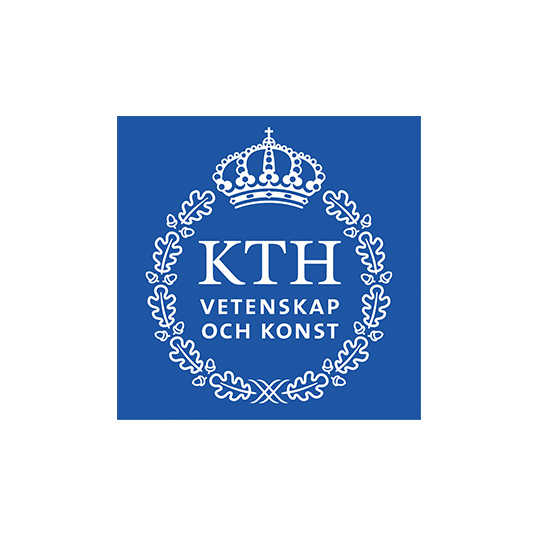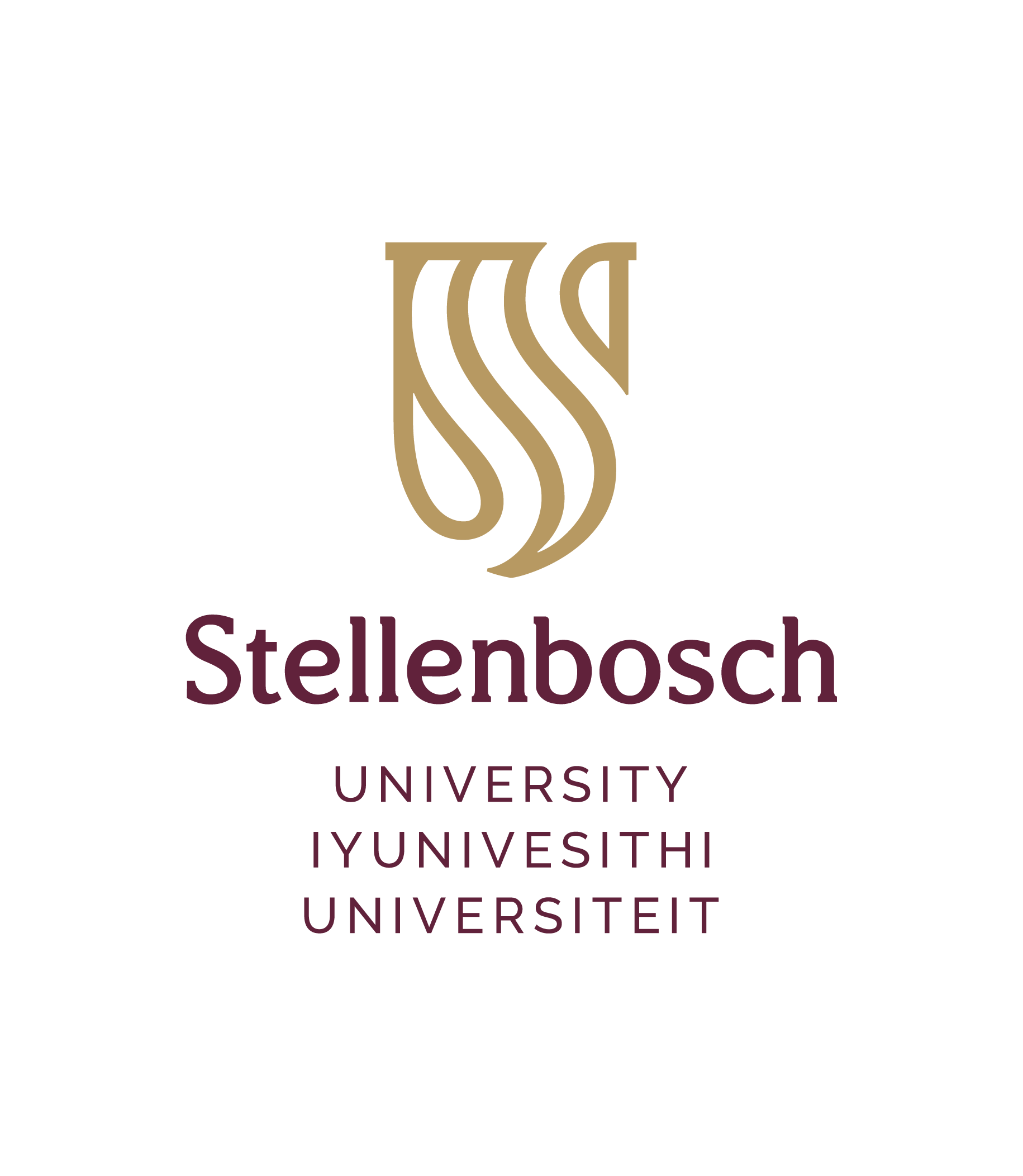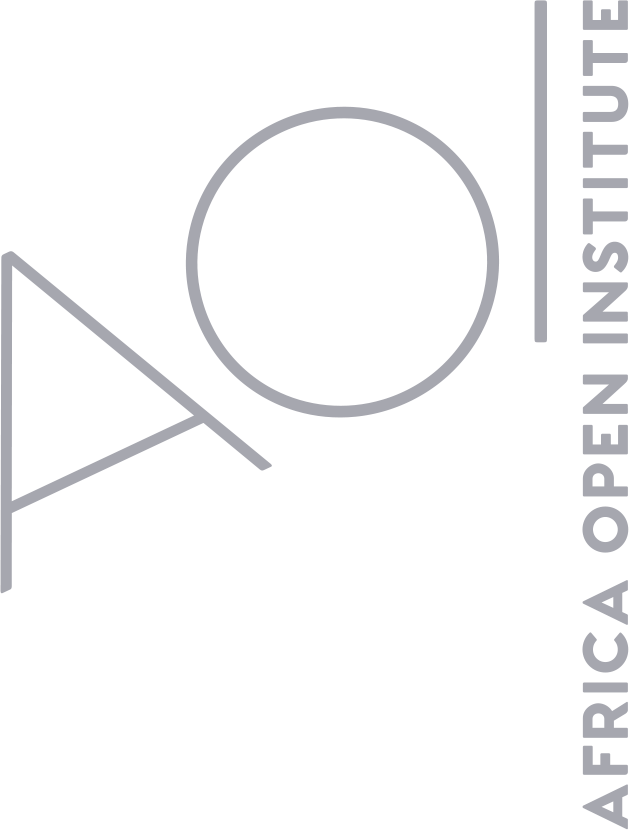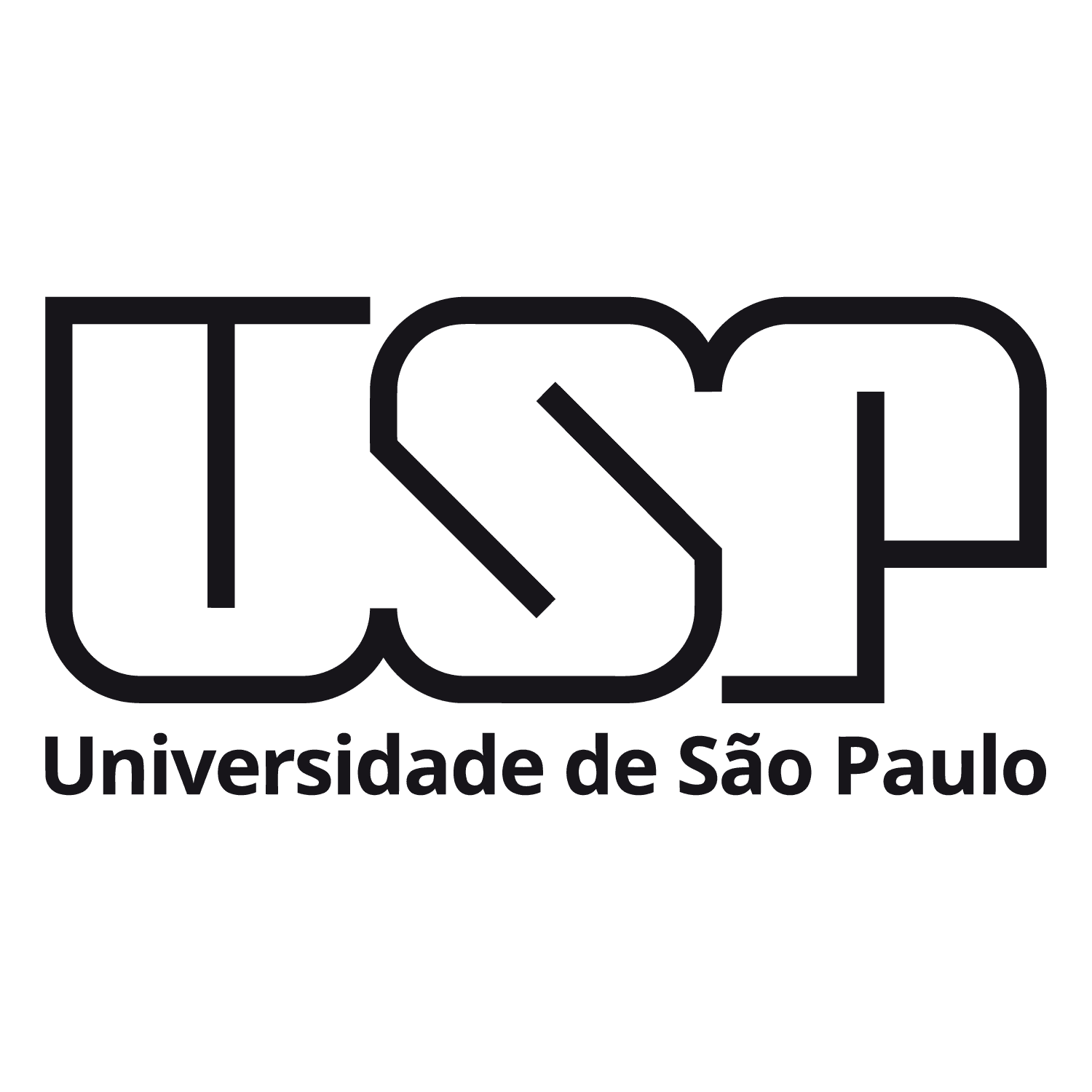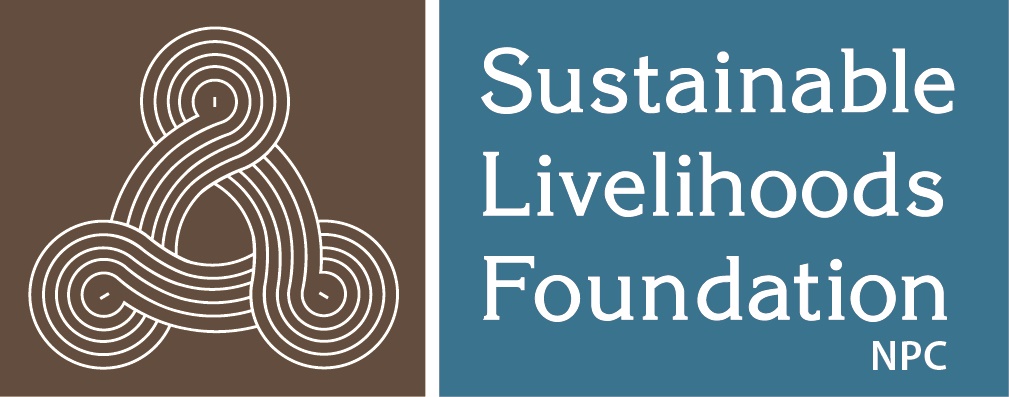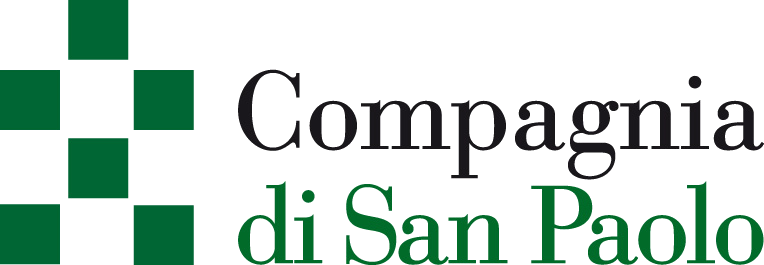Decay Without Mourning: Future Thinking Heritage Practices
International Conference
Dates: 15-17 April 2026
Location: Stellenbosch Institute for Advanced Study (STIAS), Stellenbosch, South Africa
Deadline for Proposals: closed
In-person only event. Travel and accommodation costs for selected participants will be covered.
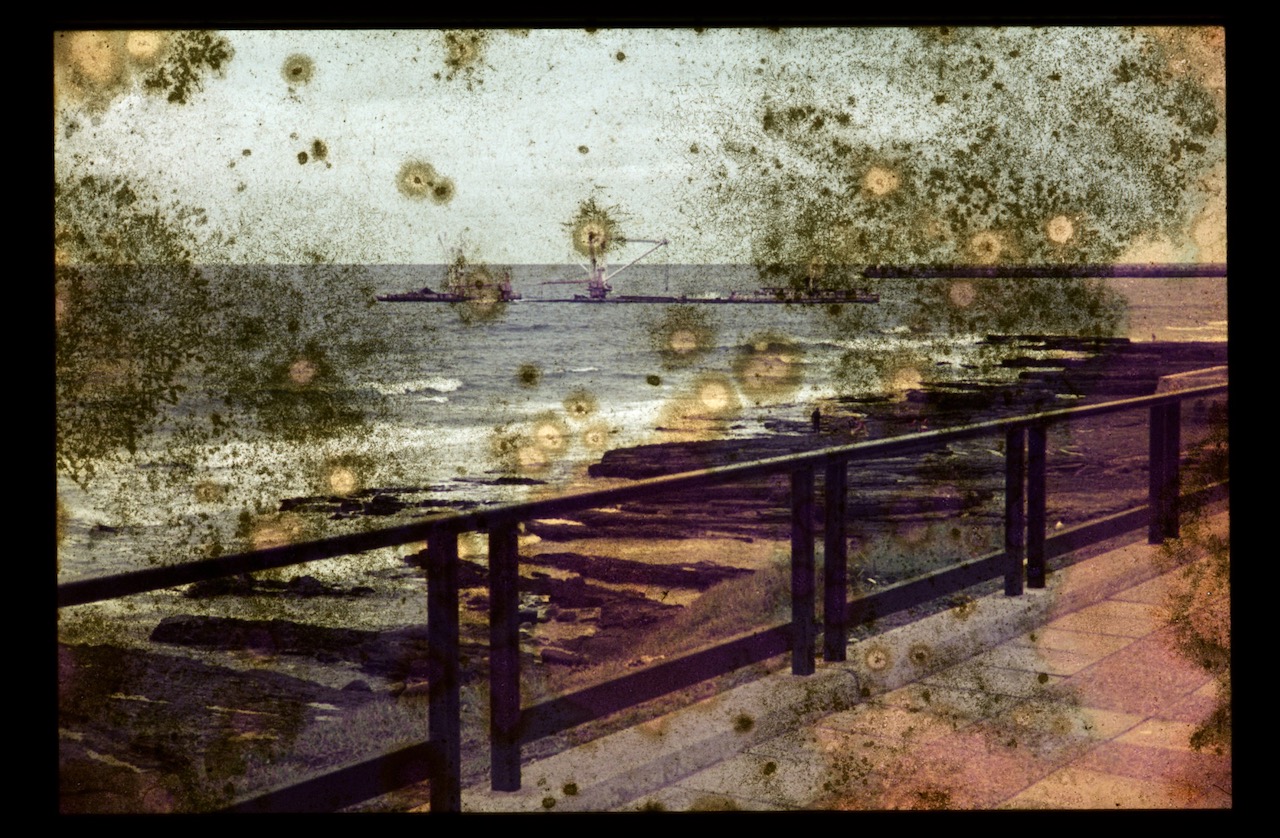 Decay, often synonymous with failure, ruin, or neglect, is typically framed within heritage discourses as a condition to be prevented, reversed, or mourned. This conference seeks to radically rethink this position, asking: What if, instead of opposing decay, we engage it as a critical and creative methodology, a process, aesthetic, and political gesture that reshapes how we understand value, memory, and care?
Decay, often synonymous with failure, ruin, or neglect, is typically framed within heritage discourses as a condition to be prevented, reversed, or mourned. This conference seeks to radically rethink this position, asking: What if, instead of opposing decay, we engage it as a critical and creative methodology, a process, aesthetic, and political gesture that reshapes how we understand value, memory, and care?
Decay unsettles the stabilising logics that underpin traditional heritage paradigms. It challenges the illusion of permanence, and introduces chaos into systems of order. Yet within this disorder lies generative potential: decay reveals interdependence, material transformation, and the dynamic life of objects. It resists dominant aesthetic and epistemic norms, offering spaces for alternative meaning-making, material negotiation, and epistemological expansion.
Who should apply:
This conference invites engagements across heritage studies, material culture, art history, artistic research, museum and archival practice, archaeology, architecture, conservation, and performance.
We welcome proposals for papers, performances, panels, films, installations and experimental formats that explore (but are not necessarily limited to) the following:
- Temporalities of Decay: Decay draws attention to temporalities that exceed human timescales, situating heritage within geological and ecological frameworks. It resists finality, unfolding through slow dissolution, proliferation, and spectral persiste How might heritage practices attend to material change across deep-time and nonhuman timescales?
- Entangled Ecologies: Decay is a collaborative process wherein material breakdown is facilitated through fungi, bacteria, insects, humidity, and humans. What new forms of knowledge arise when heritage is understood through this lens as multispecies collaboration?
- Material Politics: Decay is not evenly distributed. It gathers in the margins where systemic neglect, infrastructural collapse, and political disinvestment converge. Yet within these spaces, decay may also signal refusal, endurance, and transformation. What are the cultural and political meanings of decay in contexts marked by exclusion? What does decay reveal about the infrastructural, economic, and political conditions of heritage?
- Softness, Goo, and Transformation: Decay softens rigid boundaries, facilitating the emergence of new forms, affects, and meanings. How might the softness of decay enable experimental modes of creation, sensing, and interpretation?
- Ethics of Dissolution: Decay challenges dominant frameworks of cultural value by foregrounding transience, relationality, and impermanence. What ethical frameworks emerge when impermanence is acknowledged as integral to cultural life?
- Care and Custodianship: Decay calls for alternative practices of care and custodianship that accept breakdown, nurture fragility, and attend to what is slowly transforming. What does it mean to care for materials that are decomposing? Whose values and aesthetics inform such acts of care?
- Radical Futurity: Decay resists finality, there is no single moment of collapse. Instead there are infinite endings opening the past for speculative and radical futures. How might heritage be reimagined as porous, participatory, and open to futures unforeseen?
- Decolonial Undoings: Decay offers tools for disrupting archival and collecting violence, dominant aesthetics, and epistemic authority. It destabilises imposed order and opens space for unruly, plural and insurgent narratives. How can decay function as a decolonial critique? Can decay become a decolonial method that unravels and reimagines heritage practices?
- Indigenous Knowledge and Decay: In many indigenous knowledge systems, decay is not seen as failure but as part of a cyclical continuum of life, renewal, and transformation. Such frameworks offer particular temporalities, ontologies, and custodial practices that differ from Western preservationist paradigms. How can indigenous epistemologies reshape our understanding of decay and its role in heritage practices? What does it mean to attend to decay within cosmologies that honour material transformation as an ontological condition of life?
Submission Guidelines
This will be an in-person only event. Travel and accommodation costs for selected participants will be covered by the project.
Please submit:
- An abstract / proposal of 300-500 words
- A short biography of each participant (150 words)
- For performances, installations, or experimental formats: a brief technical rider or description of requirements
Deadline for submissions: 15 October 2025
Submissions and queries: conference@decaywithoutmourning.com
This conference forms part of the multi-institutional research project Decay Without Mourning, funded by the Riksbankens Jubileumsfond. It is hosted by the KTH Royal Institute of Technology (Division of History of Science, Technology and Environment), Stockholm (Sweden). Project partners include the Africa Open Institute for Music, Research and Innovation, Stellenbosch University (South Africa), and the University of São Paulo (Brazil).

